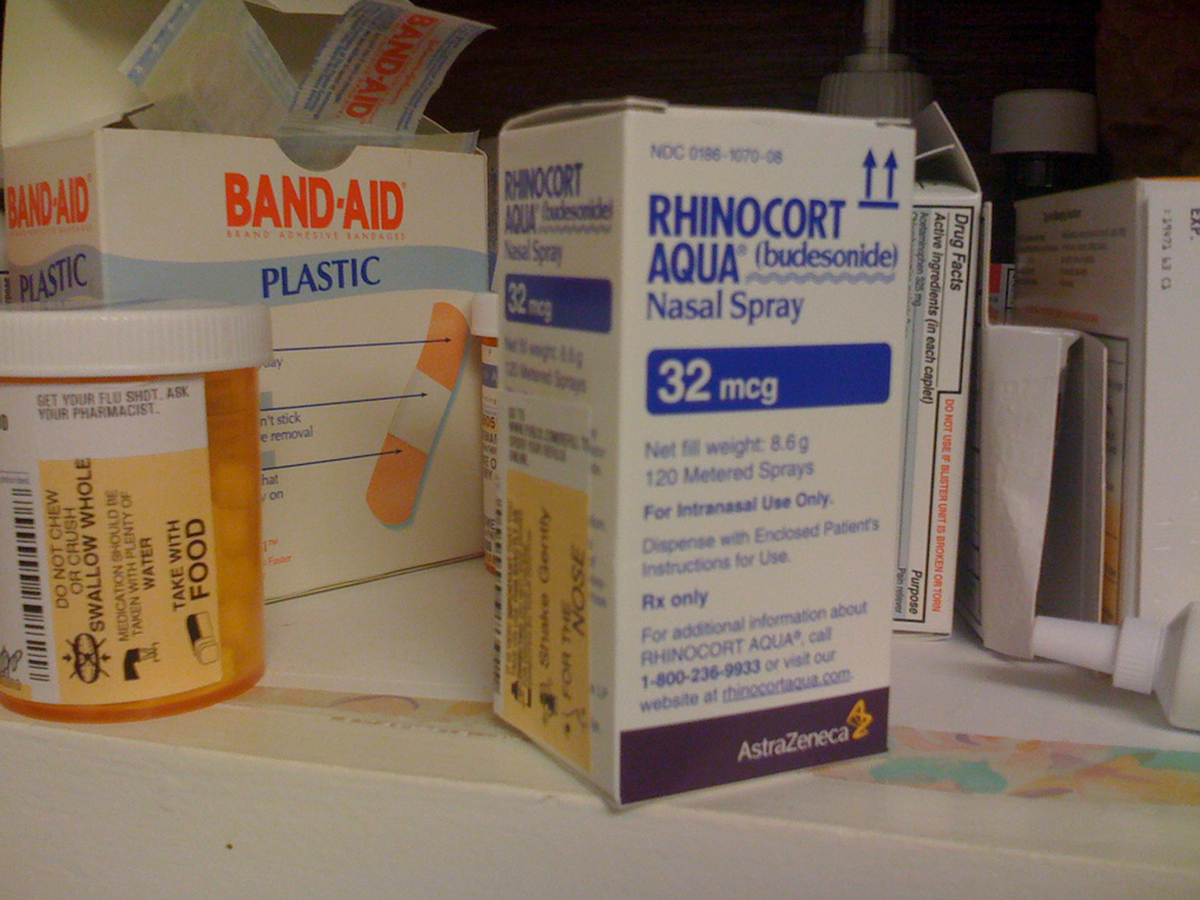Table of Contents
What Conditions Lead To Sinsutis?
Inflammation of the sinuses can be caused by a wide variety of reasons. The most common among them are:
- The common cold, a viral infection.
- Anatomically small pathways for clearing of the mucus, leading to a build up.
- Allergic reactions leading to an overactive mucus production from the sinus membrane.
- The presence of a nasal polyp. A nasal polyp is an overgrowth of the sinus membrane in response to irritants present or due to a hyperactive immune response to normal stimuli.
- A compromised immune system due to the presence of an autoimmune disease, systemic infection or nutritional deficiency will make you more prone to develop sinusitis.
- People who smoke are also much more likely to suffer from sinusitis since irritants from the smoke are directly inhaled through the sinuses.

Sinusitis: Diagnosis And Treatment
The diagnosis of sinusitis is made most often on the basis of a detailed history and clinical examination alone. Some time however, the doctor may choose to order some radiographs or culture tests if they might prove beneficial in treatment planning.
There are a number of treatment options for Sinusitis and doctors will usually start with the most conservative and least invasive ones.
1. Decongestants: The first line of treatment in cases of acute sinusitis is the use of over the counter decongestants. These can help alleviate the symptoms in cases of simple sinus infection.
2. Anti-allergic medication: The use of H2 blockers for anti allergic medication is also a common first choice drug. If the mucus being produced is clear and watery in nature then it is likely to be an allergic condition however if it is greenish and thick in nature then a bacterial origin is much more likely.
3. Antibiotics: A curse of antibiotics lasting from 10-14 days is the most effective way of dealing with a sinus infection. Under most circumstances there is no need to do a culture sensitivity test, however if the patient does not respond to treatment, then doctors can opt for one to check for drug resistant organisms.
4. Lifestyle changes like quitting smoking might have to be made by patients suffering from chronic or recurrent sinusitis alongside the other treatment modalities being administered to them.
5. Surgery: Surgery might be necessary in certain cases where the presence of a structural or anatomic abnormality has been detected. This could include a widening of the sinus opening so that non dependent drainage can take place without any trouble. A surgery might also be necessary for reduction of the swollen nasal tissues that might be causing an obstruction to the sinus clearance.
READ Help For Sinus Pain, Pressure, And Headaches
A procedure to clear the sinus of a polyp if present may also need to be done. This procedure in particular is very technique sensitive and has a high rate of recurrence because even a small portion of the lining left behind can give rise to a full blown polyp.
- Photo courtesy of yenna via Flickr: www.flickr.com/photos/yenna/3327908298
- Photo courtesy of yenna via Flickr: www.flickr.com/photos/yenna/3327908298
- Photo courtesy of Listener42 via Flickr: www.flickr.com/photos/listener42/3338701925
- 1. http://www.healthline.com/health/cold-flu/sinus-infection-symptoms
- 2. http://www.webmd.com/allergies/sinusitis-and-sinus-infection


Your thoughts on this